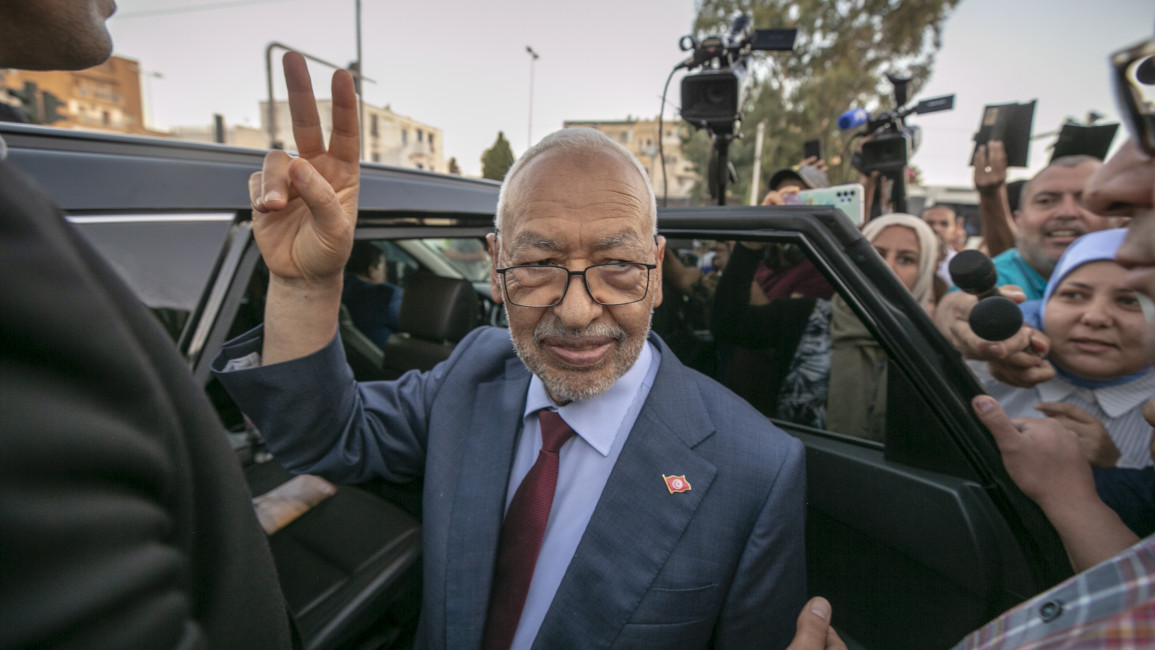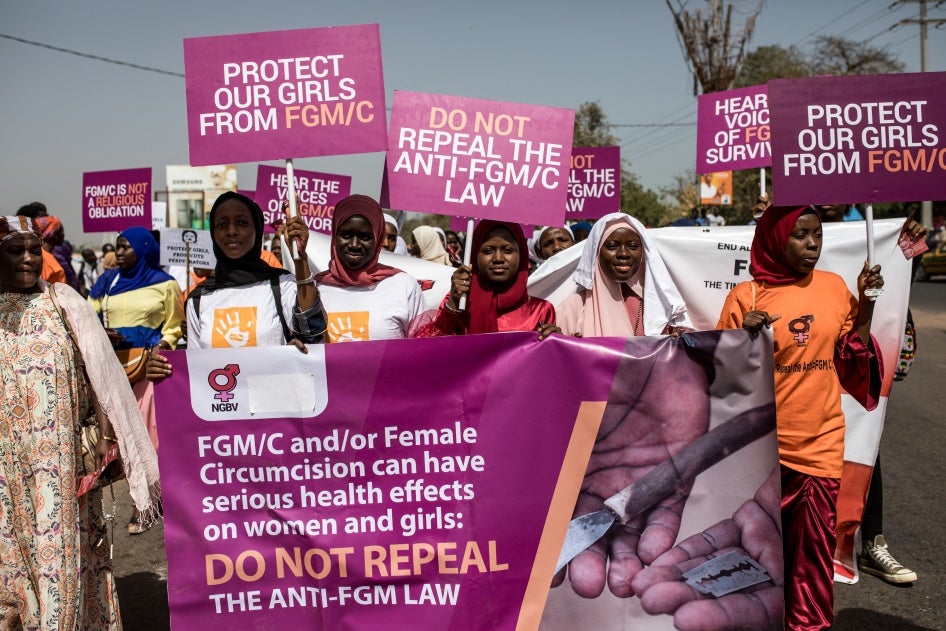Civil War in Russia was ‘a War for the Return of Colonies that had Separated from Russia in 1917-1918,’ Yudanin Says
Friday, April 19, 2024
Staunton, Apr. 18 – “Besides everything else,” US-based Russian historian Mikhail Yudanin says, “the civil war in Russia was a war for the recovery of colonies which had separated from Russia in 1917-1918” and the Bolshevik victory in it allowed the Kremlin to continue the imperial tradition of the past.
Failure to recognize that continuity, one that lies behind what Putin is trying to do in Ukraine now, gets in the way of understanding that Russia remains an empire and is why, Yudanin says, he created the first academic online course about Russian decolonization (sibreal.org/a/filosof-mihail-yudanin-o-perspektivah-dekolonizatsii-rossii/32906492.html).
(That course is described in detail at https://decolonisation-ru.com/ and features more than 20 lectures by academic specialists about colonialism and decolonialization as well as by avariety of ethnic and regional activists from the various parts of the Russian Federation is available on YouTube at youtube.com/@decolonisation-ru).
Yudanin, a native of Siberia who now teaches in the US, shares some of the ideas that he and other speakers in the course presented in an interview he gave to SibReal’s Sergey Chernyshov. Among the most important are the following:
· The Russian empire in all of its guises is “a completely typical empire” and not a unique one as many of its defenders try to suggest.
· It is based on force by the metropolitan center over the periphery, but as in all empires, both the center and the periphery suffer although in different ways, with the center suffering because its residents come to believe in hierarchies of peoples and the periphery suffering from that as well as from direct oppression.
· “One of the clearest signs” of the continuity of colonialism is when Moscow or Russians living abroad assume that they have the right to speak for the periphery. The latter must insist on the principle of “nothing about us without us.”
· The decolonization of the Russian Federation like that of the USSR faces the problem of borders that were artificially created by Moscow to spark conflict and make it easier for the center to engage in divide-and-rule tactics.
· But borders need not trigger wars in the course of decolonization because borders now are not what they were a century or more ago.
· The number of variants of decolonization in Russia is extremely large and it is a mistake to assume that the future will be the product of only one of them or that anything is irreversible.









